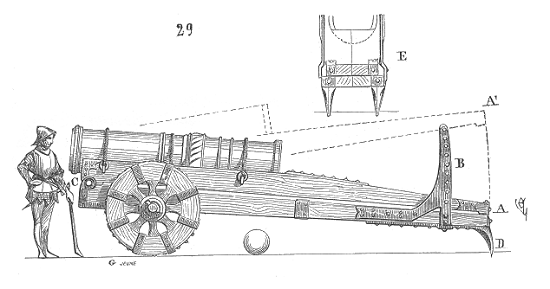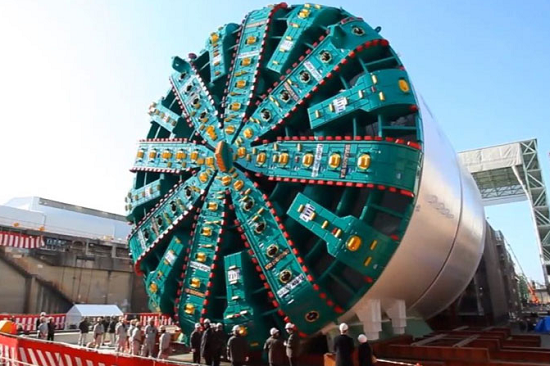January 20, 2017
|
Friday words 2017-01-20
|
4272 hit(s)
Friday! Meaning it's time again to share some words. For new(-to-me) words today I've got two that I harvested in 2016, but that might have some contemporary relevance, you decide.
 The first is outrage porn, which is media (I think we want to stay from the word news) whose purpose is primarily to stir outrage. Entire TV networks seem to be devoted to this, and of course anyone who's got a political opinion can get an endless stream of outrage porn on their Facebook feed. The term is credited to Tim Kreider, writing in 2009 in the New York Times. (FWIW, he doesn't use quotation marks, which are often put around new terms. Just sayin'.) Using the word porn in this compound is clever; as Michael Austin notes, outrage porn "provides all of the sensations of a strong emotion without incurring any of the costs." The first is outrage porn, which is media (I think we want to stay from the word news) whose purpose is primarily to stir outrage. Entire TV networks seem to be devoted to this, and of course anyone who's got a political opinion can get an endless stream of outrage porn on their Facebook feed. The term is credited to Tim Kreider, writing in 2009 in the New York Times. (FWIW, he doesn't use quotation marks, which are often put around new terms. Just sayin'.) Using the word porn in this compound is clever; as Michael Austin notes, outrage porn "provides all of the sensations of a strong emotion without incurring any of the costs."
Part two of our related terms this week is rage profiteer. This term is slightly more recent—2014, it looks like? (A variant is rage farmer.) As you might guess, this is someone who …… pretends to care passionately about certain causes but in fact thrives on regression, controversy or bad news because it gives them an excuse step into the limelight. This definition is courtesy of Ryan Holiday in The Observer, who has written multiple times about these related phenomena.
Just reading about these terms makes me tired. So let's turn to something more fun, namely word history.
The etymological surprise this week came upon me as I was half-watching an episode of the new TV series Emerald City. Dorothy has a pistol, and someone in this strange new land asks her what it is. "It's a gun," she says.
Gun. Gun. I couldn't think of any cognate for gun except obvious derivations, like gunnery and gunpowder. So, where does it come from?
Would you believe that the word gun is related to the female name Gunn? (According to the babynamewizard.com site, Gunn is the 62nd most popular girl's name in Norway.)
The entry in the OED for this is so good it's tempting to just plop the whole thing right here. But to summarize, there seem to be two main elements:- The terms gunn-r and hild-r were both old Germanic words for "war."
- It was not unknown to give female names to "engines of war." In this vein, says the OED, "If Gunnhildr, as is likely, was a name frequently given to ballistæ [catapults] and the like, it would naturally, on the introduction of gunpowder, be given also to cannon."
 Perhaps this cannon was nicknamed Gunnhildr Perhaps this cannon was nicknamed Gunnhildr
So a nickname for any big [war] machine was applied to also early guns (i.e., cannons), and then came to be applied specifically to any machines that used explosive force to hurl projectiles. I imagine that a medieval engineer might be surprised to hear you refer to a little .22 pistol as a gun. But that's semantic drift for you.
I was delighted to realize that this custom of giving names to big machines is still with us. In World War I, the Germans deployed a huge howitzer that was nicknamed Big Bertha (Dicke Bertha in German). And in a less martial context, here in Seattle we are currently following the progress of a giganto machine (57-foot-diameter) named Bertha that's drilling a new roadway underneath our downtown. From this I conclude that if in medieval times you could name any big war machine "Gunnhildr," I guess today we can name any big machine "Bertha."
 Seattle's Bertha, ready to start digging the tunnel. Seattle's Bertha, ready to start digging the tunnel.
Like this? Read all the Friday words.
|
 |
|

 |
|
